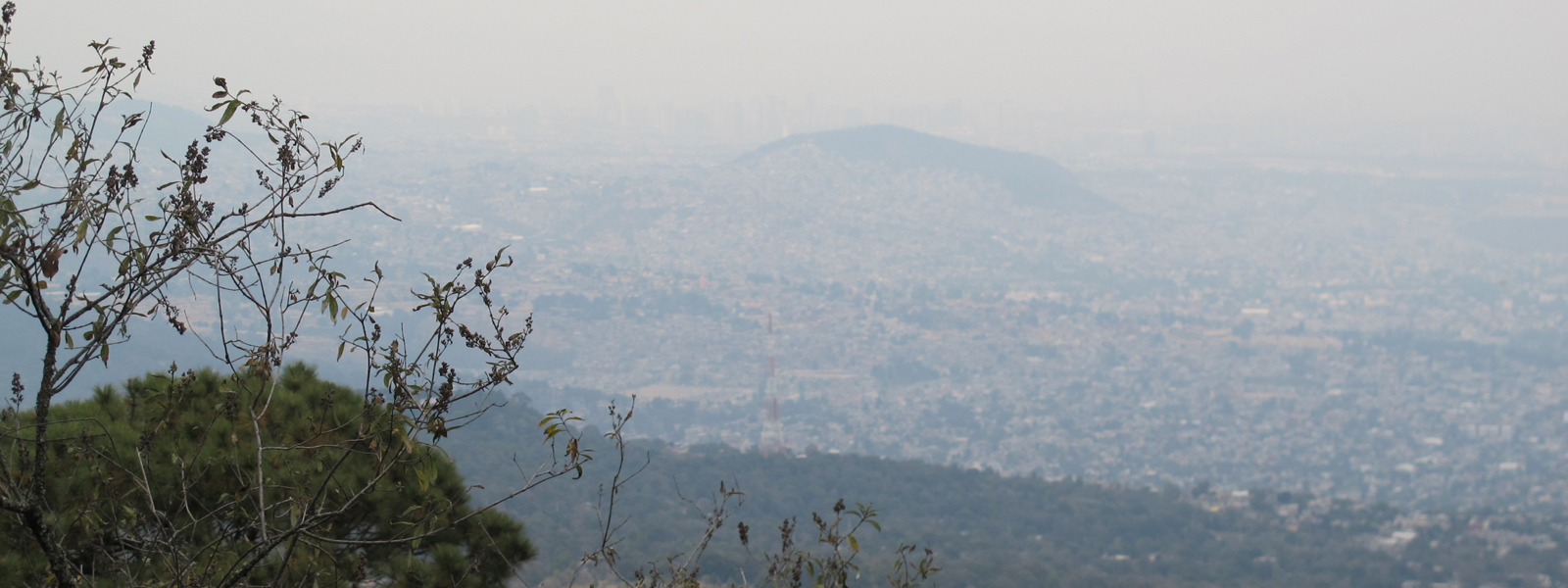(Zusammenfassung in Englisch)
Amidst raging debates on new epistemologies of the urban, this session, in taking its cue from sociocultural anthropology, considers the need for an ontological approach to urban studies for a more radical reckoning of the multiplicity and alterity of urban worlds. Such a shift entails not only efforts to gain deeper understandings of different realities, but addresses the tension of holding incompatible urban experiences together in a comparative perspective.
While this resonates with arguments within urban studies to provincialise EuroAmerican perspectives, this intriguing possibility of decolonising urban theory through an ontological turn requires critical scrutiny. In asking how such an enquiry is distinct from existing (epistemological) analyses into the constitution of the urban, this session would like to explore moves embracing the incommensurability of different urban worlds, opening up empirical possibilities for dialogical approaches and distinct ways of understanding social realities.
In proposing to focus on the city as an important site of ontological intervention, we invite papers to reflect on accompanying challenges:
- SPECIFICITY AND DIFFERENCE: How do we tackle the specificity of the city and its predilection for incommensurability? When cities such as Delhi evoke their own platform for urban experiences, how can we justify the use of broad analytical filters within urban studies such as “informal urbanism” that seek to transcend and compromise these differing realities in all their otherness?
- DECOLONISING METHODS: What are the methodological registers that allow translation of concepts alien to the conventional urban analytic without marginalising the worlds from which they emanate? Equally, as ontologies can only be grasped through comparison as contingent variations of one another (both North/South and South/South), and are often entangled, what kind of methodologies allow the study of dissimilar and uncommon singular realms without the overarching reference of ‘the urban’?
- ETHNOGRAPHIC THEORISATION: In endorsing an ontological pursuit of “knowledge practice”, how do we engage with the idea of the city as ethnography? Moreover, how can ethnographic representations of the urban help to acknowledge ontological difference, privileging more vernacular conceptualisations (e.g. jugaad urbanism), and putting them into conversation?
Stream organized by Pushpa Arabindoo and Monika Streule at the RC21 conference, Delhi 2019
